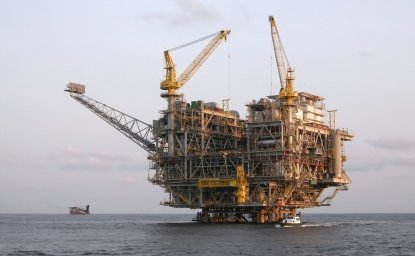Anti-Corruption Proposals for the Mexican Energy Sector



The Wilson Center's Mexico Institute, the Tec de Monterrey, Transparencia Mexicana, and México Evalúa held an essay competition on anti-corruption proposals for the energy sector in Mexico. Participants had to propose public and private policies to combat corruption in the energy sector, particuarly in the following sectors: electricity, hydrocarbons, and renewable energies. The following essay is one of the finalists.
Corruption is a grave and centuries-old phenomenon that has affected all countries across the globe to different extents. To date, there is still no precise solution to fight and, lesser still, eradicate corruption. Mexico is clearly being affected by this problem and has been for several decades. Corruption is deeply engrained in the country’s social fabric and government organizations. Over the years, a wide variety of programs and public policies have been implemented with the ultimate goal of fighting corruption in various spheres. Nonetheless, these efforts have not proved as fruitful as planned, and many of Mexico's sectors are heavily affected by corruption.
Given that Mexico is highly rich in natural resources and that the energy industry is one of its main sources of income and economic development, this industry is one of the most prone to corruption. Mexico recently enacted an energy reform, which will be analyzed in the body of this work. This essay will then issue a number of proposals following an exhaustive analysis of the industry’s current diagnostic, applicable legislation, and international practices. These proposals can strengthen national mechanisms to fight and eradicate corruption in the energy industry.

The Mexico Institute seeks to improve understanding, communication, and cooperation between Mexico and the United States by promoting original research, encouraging public discussion, and proposing policy options for enhancing the bilateral relationship. A binational Advisory Board, chaired by Luis Téllez and Earl Anthony Wayne, oversees the work of the Mexico Institute. Read more




